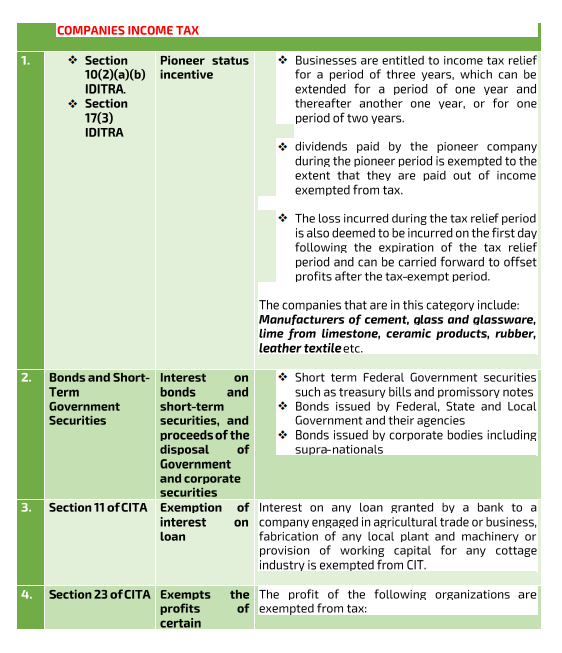One Stop hub for all payments, tax computations and deductions E-banking is the now the norm. To keep tabs on all tax deductions, organisations need a platform that can help track all transactions and keep track of all tax liabilities reducing the stress of computing a huge block of transaction annually.
- Time Sensitive: Tax and related payments made in timely and stress-free fashion
- Multi-application: Optimized for making diverse forms of payments and remittances which include net salaries, vendor payments, pensions, and major tax obligations.
- Receipting: Integrated instant receipt-generating function that gets you your tax and related receipts straight from the RTAs
- Generate employee pay slips (TaxiTPaySlips®) from TaxiTPay®
- Integrated with TaxiTPayroll®, TaxiTWithhold®, TaxiTVAT® to allow their users smooth and seamless disbursement of relevant payments.
- Cloud-based Technology: Work from anywhere and anytime.
- Notifications & Reminders: Built-in real-time notifications.
- Mobile Compatibility: Work from your mobile device.
- Fraud Control: Checks against payment frauds and illicit financial transactions with the user-role console to set-up administrators, approvers, and disbursers functions.
- Data Security: Highly private, confidential, secure and encrypted data including soft token generation.
- User Intelligence Experience: Analytical and interactive dashboard interface displaying a general awareness and overview of when and how payments are made.
- With no upfront software costs, you wouldn’t need to break the bank to afford TaxiTPay®
- There’s no software installation hassle and TaxiTPay® updates automatically.
- TaxiTPay® is scalable; it expands as your business grows, allowing you to undertake as many payments as you like.











